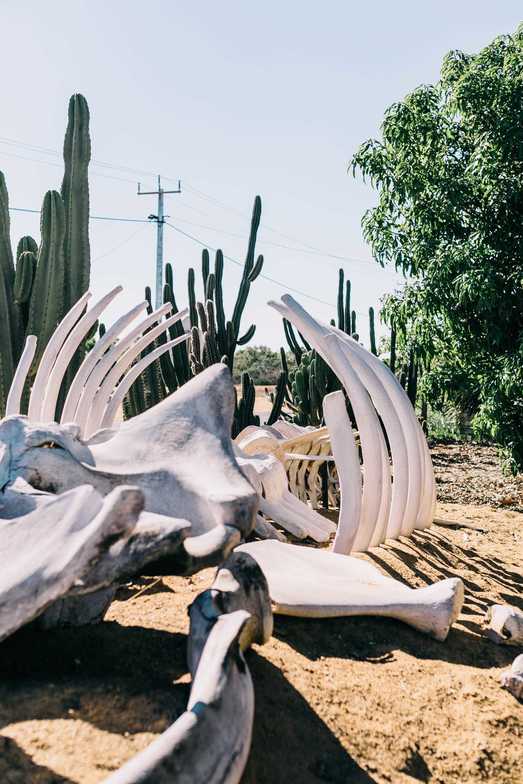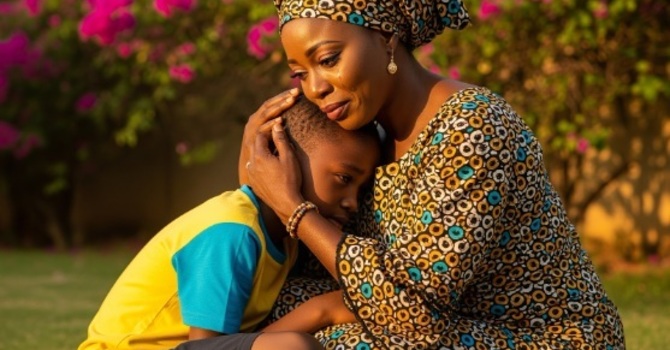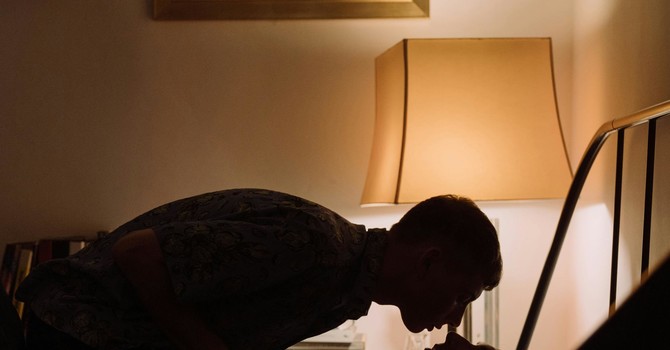
In my professional life, I have worked within healthcare and organizational systems, primarily in large clinics, hospitals, and hospices. The care provided to the community has always been influenced by policies and resource constraints. Initially, I worked as a service provider and later as an administrator. Both roles were heavily bound by "rules and regulations," and the demand for services often exceeded the available resources. Unfortunately, this meant that the level of care I could offer did not always meet the needs of the community or individuals in the way I desired. Such is the reality of corporate healthcare.
When I transitioned to the mental health sector, specifically focusing on death and dying, I encountered similar limitations. There was a significant demand for end-of-life and bereavement support, especially within non-profit organizations offering free counseling. Despite the challenges, I take immense pride in being part of organizations that provide free mental health support, recognizing how essential it is. However, the limited number of sessions offered to individuals was the only way to assist more people, which was a difficult reality to grapple with.
Working closely with death and dying, I witnessed how the anticipation of loss and subsequently, grief itself and the way it would permeate every aspect of an individual's life. Grief is intricately woven into our existence, and while talking about death can be fascinating, it becomes more challenging when it is in your face, a reality. The way I see it is that we are born into this world to die (amongst other things). Perhaps this is a dark and cynical thought, but an inescapable reality we all share as we lose our loved ones and eventually face our own mortality.
Sadly, open and honest discussions about death and dying seem confined to places like hospitals and hospices, which strikes me as absurd. I believe part of this disconnect stems from our societal detachment from death. We seldom experience the process of obtaining our food or witness the entire life cycle of animals. When loved ones pass away, their bodies are quickly covered up and taken away, further distancing us from death. This aversion to death has contributed to a death-phobic culture, an idea that resonates deeply with me, as Stephen Jenkinson has described.
I found myself yearning for a space to openly talk about death and dying, only to discover a lack of options, with only a few death cafes in Toronto offered only a handful of times throughout the year or other places for such conversations beyond my hospice care team.
This led me to create "Long Way Home Therapy," a space where death and dying can be discussed openly and without limitations. My aim is to take these conversations out of their confined spaces and bring them back into the open, as they should be. Could this be considered the re-naturalization of death and dying?
Is this the re-naturalization of death and dying? Maybe. (That just popped into my head and I’m chuffed about it.)
My hope for "Long Way Home" is for it to become a place for curious, honest exploration of the weird, strange, and beautiful aspects of life that we experience as humans. No topic will be off-limits, and we will view endings, death, and dying as natural and sacred parts of our existence.
Monica Lau
Contact Me



